
Can Central America Break the Cycle of Drugs, Corruption and Gang War?
The roots of Central America’s challenges run deep, and the Trump Administration’s policies seem unlikely to help Guatemala, El Salvador, and Honduras make significant progress.
The roots of Central America’s challenges run deep, and the Trump Administration’s policies seem unlikely to help Guatemala, El Salvador, and Honduras make significant progress.
A compilation of the Dialogue’s reports, articles and presentations on the most important issues shaping migration flows in the Central American region.
Central America faces a wide range of challenges in the global context, of which organized crime, access to trade and financing, and outbound migration are a few. This is a compilation of the most relevant Dialogue’s reports on the region.
A compilation of the most relevant Dialogue’s articles, presentations and reports on Central America: its development challenges and policy options.
A compilation of the Dialogue’s reports, articles and presentations on the most important issues shaping El Salvador’s development.
This article analyses financial access in El Salvador, delving into its characteristics and determinants. The article also presents the impact of a financial inclusion strategy to increase savings formalization rates among the population. The analysis is based on a financial advising project for more than 17,000 Salvadorans at branches of…
CONGRESSIONAL TESTIMONY AS SUBMITTED FOR RECORD AND DELIVERED BEFORE A FULL COMMITTEE HEARING OF THE US SENATE COMMITTEE ON HOMELAND SECURITY AND GOVERNMENT AFFAIRS. Over the past five years, slightly over 100,000 unaccompanied migrant children from Guatemala, Honduras and El Salvador have been apprehended at the US southern border. They are but…
Since we introduced the first report on Educational Progress September 2002 until 2005, El Salvador has made important advances in education. The results of primary and secondary education achievement tests have had a modest increase, although most students are still located at the intermediate level. Enrollment in primary (first and…
During the last decade, there has been significant improvement in Salvadorans education, in an international context which reaffirms the importance of education as key strategy for the progress of nations. The Educational Reform, promoted since the 90s, has obtained initial achievements in expanding the access of education, improving quality of…
El Informe de Progreso Educativo El Salvador 2002 -realizado como parte del seguimiento a la situación educativa de América Latina que promueve la Comisión Internacional sobre Educación, Equidad y Competitividad Económica, de PREAL- muestra que el país ha realizado en la última década importantes avances en materia de educación, pero…
Con más de diez años de innovaciones y reformas, El Salvador todavía enfrenta importantes desafíos en materia de cobertura y calidad de los servicios educativos. Las propuestas para avanzar estan contenidas en el Plan Decenal formulado en 1995 y han sido renovadas a través del documento «Desafíos de la educación…
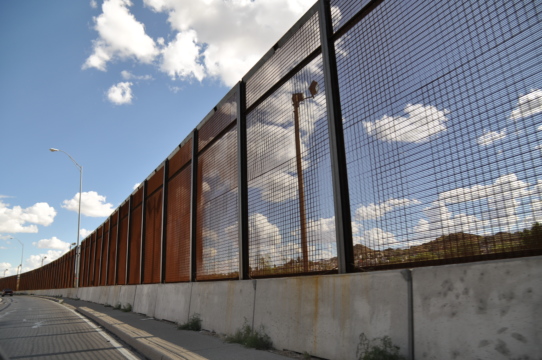
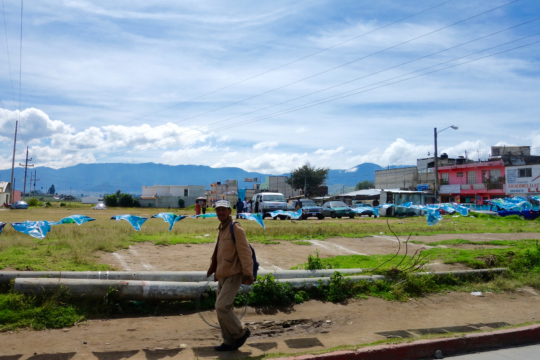
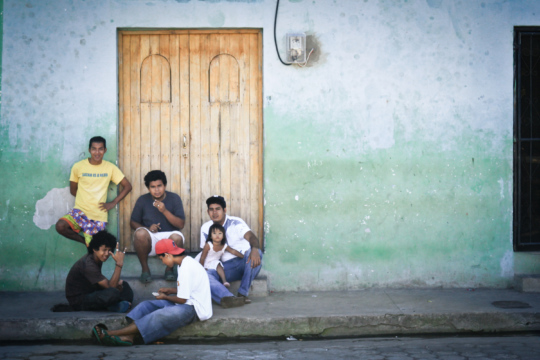
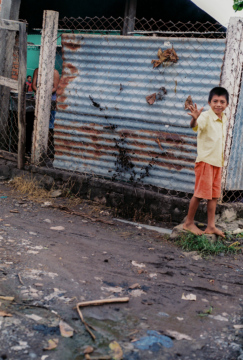
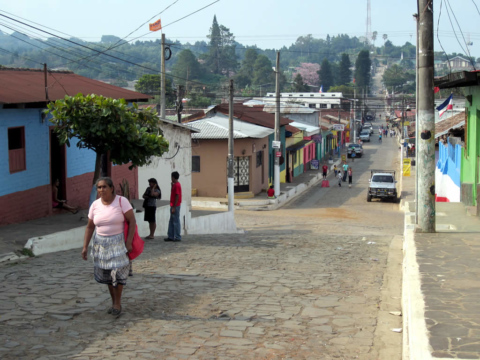
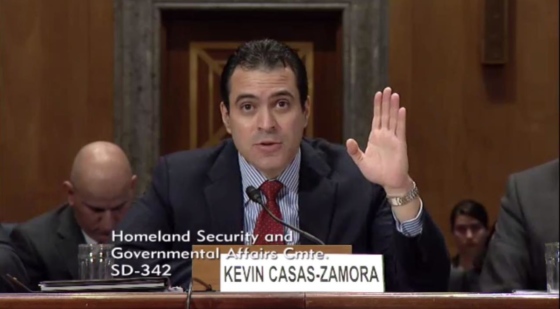 Video
Video